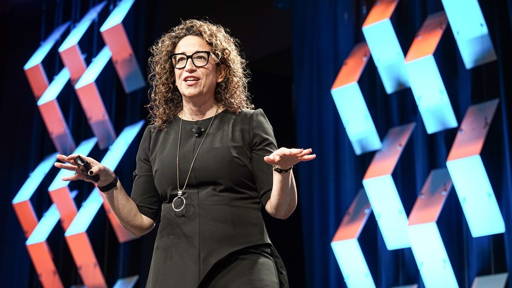In an article published on Venture Beat Comite writes that the premise of the once sexiest startup in Silicon Valley is not flawed, even if Theranos’ approach might have been. Comite says that for those patients, physicians, and investors who placed their hopes, and money, on the bet that Theranos would revolutionize the bloody blood draw: there is still hope, with promising alternative technologies emerging.
In fact, CEO Elizabeth Holmes’ vision — to remove the friction in blood diagnostics — is bang on the money, says Comite. For all involved, blood draws are literally a pain. The opportunity for a more convenient, accurate, and less painful draw, especially for chronic conditions such as diabetes, is tremendous. Also, it could help make personalised healthcare become a reality without the gigantic costs that would be involved using conventional methods of blood drawing and testing.
conventional blood draw methods are also inefficient at scaling cutting-edge models for managing health, such as the collection of an individual’s n-of-1 longitudinal data, writes Comite. Many forward-thinking physicians and “self-quantifiers” check blood work with regularity over time. The idea is to integrate and interpret the thousands of data points that comprise an individual’s health profile and track the patterns over time, in order to spot, and reverse, declines before symptoms arise.
This precision medicine is potentially expensive. To democratize access to such a personalized approach – moving from sick care to real healthcare - we need blood (data) from lots of people. The current healthcare economy in most countries likely could not support the volume of sampling and transportation services requiring trained personnel at fixed locations. It just doesn’t scale.
Among the companies pursuing this type of infrastructure is Seventh Sense Biosystems. The Boston-based startup’s novel technology allows virtually anyone, anywhere, to perform a draw, which can then be integrated with a variety of diagnostic assays for rapid results.
Metabolon is another company that brings the promise of pain-free, precise diagnostics with its Quantose IR and Quantose IGT technologies — insulin sensitivity and impaired glucose tolerance tests that, unlike a conventional glucose tolerance test that requires multiple draws over the course of many hours, are able to predict long-term prediabetes risk from a single, fasted draw.
Theranos in trouble
The blood testing company Theranos recently announced the closing of all its testing facilities, laying off half its workforce. The decision follows after months of run-ins with regulators and questions about whether its products work. he Palo Alto, California-based startup will now focus on developing what it says is its next-generation testing device, miniLab, Chief Executive Officer Elizabeth Holmes said in a statement posted on their website.In fact, CEO Elizabeth Holmes’ vision — to remove the friction in blood diagnostics — is bang on the money, says Comite. For all involved, blood draws are literally a pain. The opportunity for a more convenient, accurate, and less painful draw, especially for chronic conditions such as diabetes, is tremendous. Also, it could help make personalised healthcare become a reality without the gigantic costs that would be involved using conventional methods of blood drawing and testing.
Conventional blood drawing
A great deal of people have conventional blood drawing at the top of their list of reasons why they hate conventional health care. The promise Theranos made was to change the method and by that taking away the fear for blood drawing. Holmes discussed her own fear of needles and promised the ability to accurately analyze blood work from the smallest of pin pricks.conventional blood draw methods are also inefficient at scaling cutting-edge models for managing health, such as the collection of an individual’s n-of-1 longitudinal data, writes Comite. Many forward-thinking physicians and “self-quantifiers” check blood work with regularity over time. The idea is to integrate and interpret the thousands of data points that comprise an individual’s health profile and track the patterns over time, in order to spot, and reverse, declines before symptoms arise.
This precision medicine is potentially expensive. To democratize access to such a personalized approach – moving from sick care to real healthcare - we need blood (data) from lots of people. The current healthcare economy in most countries likely could not support the volume of sampling and transportation services requiring trained personnel at fixed locations. It just doesn’t scale.
Do-it-yourself
A do-it-yourself approach might be the best path forward for such precision medicine blood draws.Among the companies pursuing this type of infrastructure is Seventh Sense Biosystems. The Boston-based startup’s novel technology allows virtually anyone, anywhere, to perform a draw, which can then be integrated with a variety of diagnostic assays for rapid results.
Metabolon is another company that brings the promise of pain-free, precise diagnostics with its Quantose IR and Quantose IGT technologies — insulin sensitivity and impaired glucose tolerance tests that, unlike a conventional glucose tolerance test that requires multiple draws over the course of many hours, are able to predict long-term prediabetes risk from a single, fasted draw.








